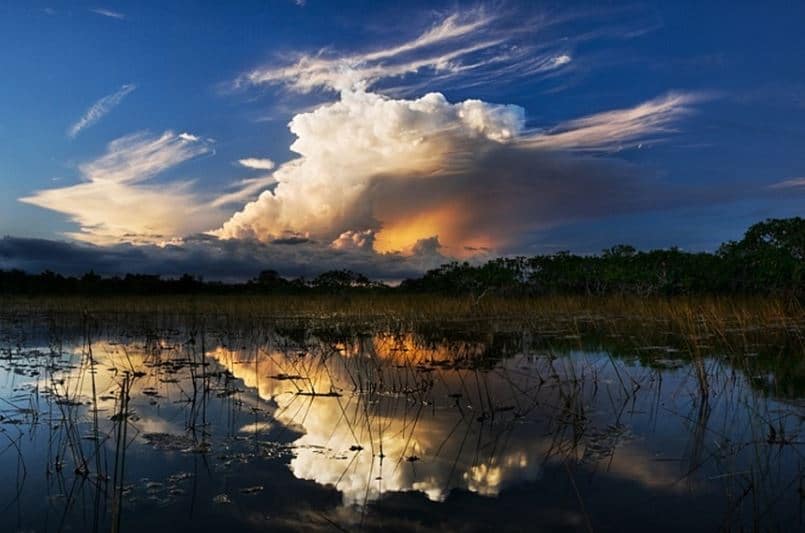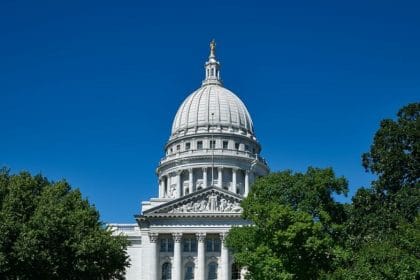House Committee Headed to Florida for Field Roundtable on WRDA

WASHINGTON – A House Panel that deals with water resource and environmental issues will travel to South Florida this weekend for a roundtable on infrastructure projects to be considered for inclusion in the next Water Resources Development Act.
Rep. Grace Napolitano, D-Calif., chair of the House Subcommittee on Water Resources and Environment, and Rep. Debbie Mucarsel-Powell, D-Fla., the panel’s co-chair, are hosting the discussion Saturday in Founders Park in Islamorada, Florida.
Among those scheduled to attend are Islamorada Mayor Deb Gillis; State Sen. Jose Javier Rodriguez; state Department of Environmental Protection Sec. Noah Valenstein; Florida Ports Council Vice President Michael Rubin; Mary Barley, founding director of the Everglades Foundation; Cheryl Meads, a member of the South Florida Water Management District board; and Jayantha Obeysekera, director of the Sea Level Solutions Center at Florida International University.
According to a release from the subcommittee, the purpose of the roundtable is to define the water challenges states and communities face and to determine possible solutions to address America’s infrastructure needs.
They are slated to discuss current and future U.S. Army Corps of Engineers’ water infrastructure projects.
The roundtable comes two days after representatives from the South Florida “16 County Coalition” travelled to Capitol Hill to meet with members of Congress about the funding status of various water infrastructure projects in the region.
The coalition is made up of representatives from Broward, Charlotte, Collier, Glades, Hendry, Highlands, Lee, Martin, Miami-Dade, Monroe, Okeechobee, Orange, Osceloa, Palm Beach, Polk and St. Lucie counties.
On Thursday they met with representatives of the House Everglades Caucus, which is led by Reps. Mario Díaz-Balart, R-Fla., and Alcee Hastings, D-Fla.
Hendry County Commissioner Karson Turner, a member of the coalition, told Ryan Nicol of FloridaPolitics.com that his goal in making the trip was to secure guaranteed federal funding for several projects going forward.
“We’ve had a handful of good conversations with different leaders and I think that there is some movement,” Turner said. “Not to mention, there’s a huge economic development aspect to this whole conversation with regards to job creation.”
A meeting of the Florida congressional delegation earlier this year also yielded discussion regarding the effort by the Army Corps of Engineers to review and revise the Lake Okeechobee regulation schedule, which dictates the water levels of the lake.
The schedule guarantees Florida’s agricultural interests will have water during the state’s winter dry season, and that excess water will be released ahead of major hurricanes and tropical storms in the summer.
However, those releases from the lake are blamed for harm to coastal estuaries.

























